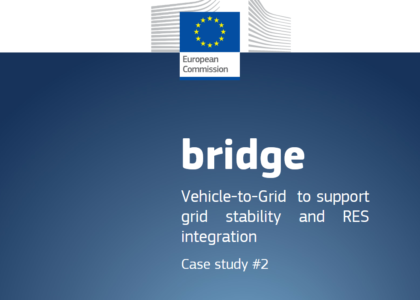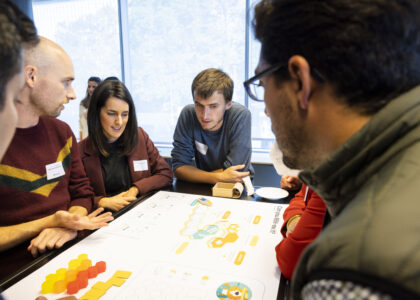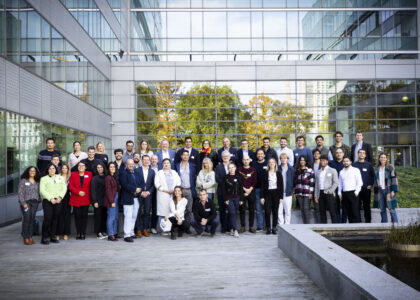by Margherita Minissi and Rebecca Hueting – Dissemination Team, DEEP BLUE Italy
How much do you know about renewable energy communities?
Renewable energy communities are going to be a reality in Europe soon, pushed by the recent Clean Energy Directive approved in late 2019. The EU Commission is showing an increasing commitment in the energy transition. RENAISSANCE survey on renewable energies and community-based solutions assesses European citizens awareness and expectations concerning LECs and RECs.
What are the most recent updates concerning energy communities in Europe?
The directive “Clean energy for all Europeans” obliges Member States to ensure a more competitive, customer-centred, flexible and non-discriminatory EU electricity market with market-based supply prices. It strengthens existing customer rights, introduces new ones and provides a framework for energy communities of prosumers.
In the context of renewable energies, a prosumer is someone that both consumes and produces energy, mainly based on distributed systems installed in households or within minigrid community networks.

TAKE YOUR TIME: we translated the survey in seven different languages!
The survey is anonymous and will take approximately 20 minutes to complete. A progress bar will guide you until final submission.
Submit your answers now:
ENGLISH DUTCH FRENCH GREEK ITALIAN SPANISH POLISH
Survey details
Why are Renewable Energy Communities so important, in the context of the RENAISSANCE PROJECT?
Connected energy communities are the key players in the RENAISSANCE project, which explores and tests in real-life conditions the innovative business models and technologies towards a prosumer-consumer future energy market.
What is the survey about and what are its main objectives?
The “RENAISSANCE survey on renewable energies and community-based solutions” is contributing to promote the shift from technology-driven to consumer-driven approaches.
To this aim, the survey assesses the social aspects influencing the acceptance of renewables, including local energy generation technologies. Generally speaking, social or public acceptance is defined as a positive attitude towards a technology or measure, which hopefully leads to supporting behaviour. Moreover, the survey promotes the awareness on renewable energy generation systems and on regulatory measures activated in the European Union to facilitate the energy transition.
What kind of information will RENAISSANCE collect through this survey?
The survey will inform the project Consortium about the respondents’ opinions in terms of:
- Awareness level concerning renewables and energy communities
- Acceptance level concerning renewables and energy communities
- Customer engagement level linked to specific business models
- Overall assessment of the project dissemination strategy
Who will benefit from its results?
Both citizens and energy stakeholders will benefit of the results. We strongly believe stakeholder engagement is truly efficient only if bottom-up flow of information is ensured, since it shortens the distance among the expert community and citizens. Indeed, it encourages the exchange of knowledge, needs and ambitions.
Therefore, we will distribute this questionnaire across a wide basin of respondents:
- Pilot sites stakeholders
- European citizens, entrepreneurs and industry representatives
- Consortium members’ contacts and networks
- The broad internet audience, reached out via our website and social media networks
- The scientific community of experts in the energy sector
- Decision makers and policy makers
Will the results be available to the public?
A short report about main findings of the survey will be published in this website resources section.
Go to Resources Read more about the Directive Read more about prosumers
Follow us:



